Affiliate Disclaimer
Some links in this article are affiliate links. We may earn a small commission if you make a purchase through these links, at no extra cost to you. We only recommend products we find useful to our readersWondering which foods to avoid if you have diabetes?
It’s essential to understand that any type of food can be included in your diet if consumed in moderation. The key is not to go overboard with any particular kind of food.
By the end of this article, you will clearly know the foods to be avoided to keep diabetes at bay and, therefore, live a much healthier life.
What Foods to Avoid With Diabetes?
When discussing the importance of dietary restrictions for diabetic patients, the rationale is relatively straightforward.
Diabetic individuals often experience spikes in blood sugar levels, and excessive glucose in the bloodstream can significantly impact overall health. Persistent high glucose levels can affect various bodily functions and lead to complications.
The kind of diet one takes plays a huge role in managing these effects. Although there are foods one could eat to help if a person has diabetes, there are certain foods to avoid that will foster better control when it comes to blood sugar.
-
Beverages with Sweeteners
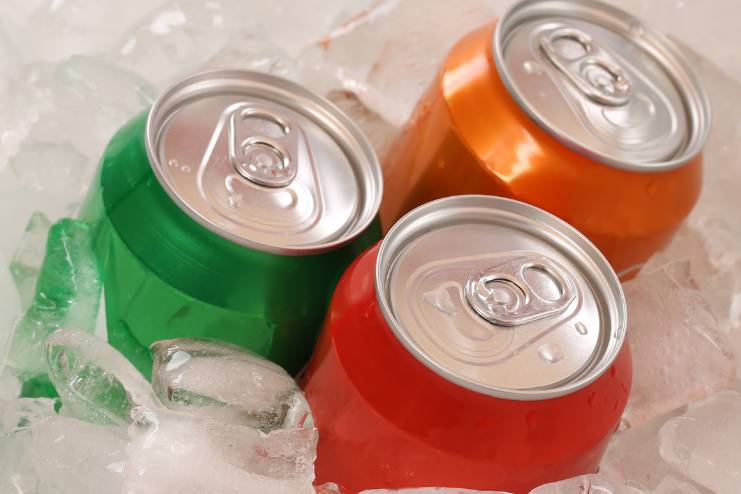
An average 350 ml can or bottle of soda has 35 grams of carbohydrates (R) in the form of fructose, which can rapidly fluctuate blood sugar levels. Through a process called neoglucogenesis, it can end up being converted to fats and stored in the body.
Furthermore, high fructose levels are often linked to increased insulin resistance, exacerbating the challenges for people with diabetes. Research has also indicated that excessive fructose consumption can contribute to diabetes-related conditions such as fatty liver.
One study (R) found that participants consuming beverages with 25% high fructose content for ten consecutive weeks experienced altered metabolism rates, weight gain, increased abdominal fat deposition, and worsened insulin resistance.
-
Grapes
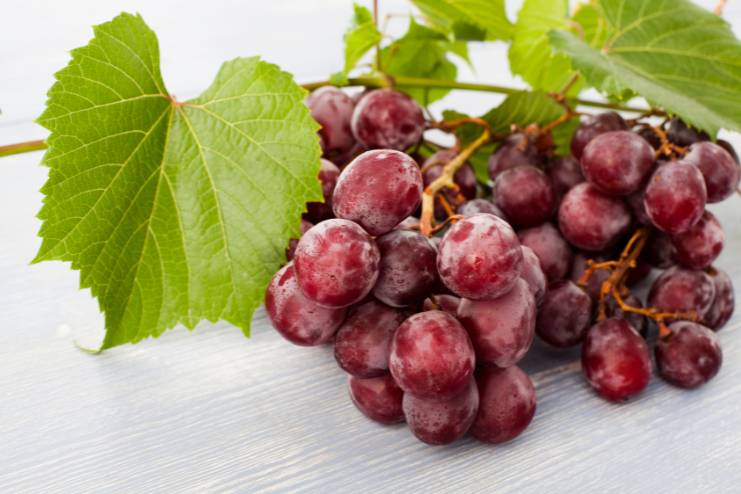
Tasty and appealing grapes can be challenging for those managing diabetes due to their high carbohydrate content.
A single small grape contains about 1 gram of carbs. While this might not seem significant, most people don’t stop at just one grape. Consuming a bunch can quickly add up, especially considering grapes have a high glycemic index (R) when eaten in larger quantities.
To manage your intake, eat grapes in moderation and pair them with other fruits with low glycemic index (GI). This can help balance the carbs and help you enjoy grapes while keeping your blood sugar levels under control.
-
Fruit Juices
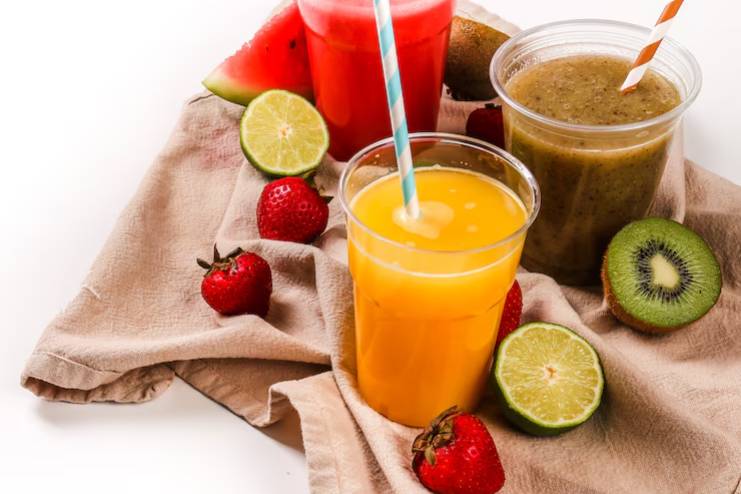
You might wonder about whole fruit versus fruit juice. While whole fruits can be beneficial for managing diabetes, fruit juices pose a different challenge.
Fruit juices are often concentrated with sugars in the form of fructose, which can cause rapid spikes in blood sugar levels, something you want to avoid as a diabetic. Additionally, fruit juices lack the essential fibers found in whole fruits and don’t provide the same level of satiety.
If you have diabetes, opt for whole fruit or fruit-infused water, and avoid fruit juices to maintain better control over your blood sugar levels.
-
Refined Grains
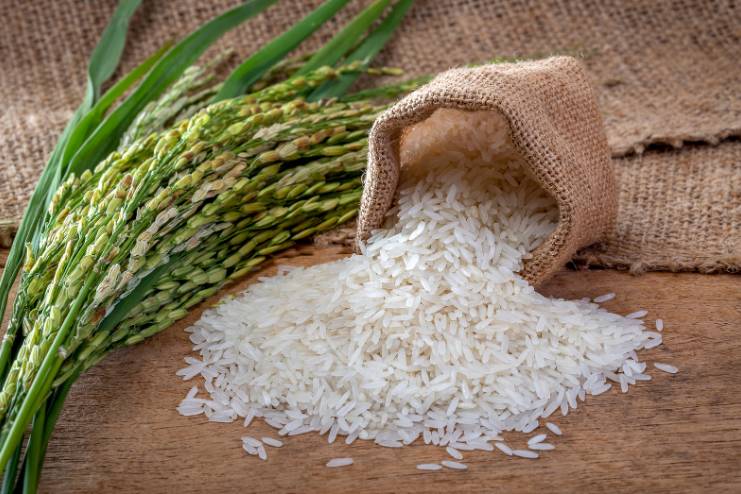
When considering foods to avoid with diabetes, grains often top the list. While whole grains have a more favorable impact on blood sugar levels, refined grains, such as white or enriched flour, can rapidly increase glucose levels.
To make healthier choices, opt for whole grains over refined ones. Studies (R) have shown that consuming whole grains can reduce the risk of type 2 diabetes by 21%. Incorporate options like oatmeal, barley, brown rice, and millet into your diet, and limit refined grain products such as pasta, bread, crackers, and cakes.
-
Trans Fat
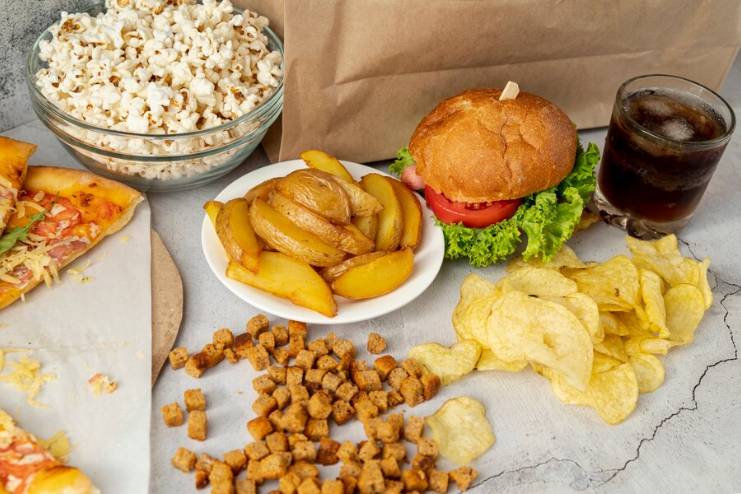
Trans fats are among the worst fats you can consume. If you’re looking to avoid diabetes complications, it’s crucial to steer clear of industrial trans fats entirely.
These fats are created by adding unsaturated fatty acids to stabilize and prolong the shelf life of products. While trans fats may not immediately affect blood glucose levels, they pose significant risks for individuals with diabetes.
Diabetes increases the likelihood of developing other health issues, so managing all aspects of health is essential. Trans fats are linked to increased inflammation (R), insulin resistance (R), and abdominal fat accumulation (R). Additionally, they lower HDL (good) cholesterol levels, raising the risk of heart disease.
-
Cherries
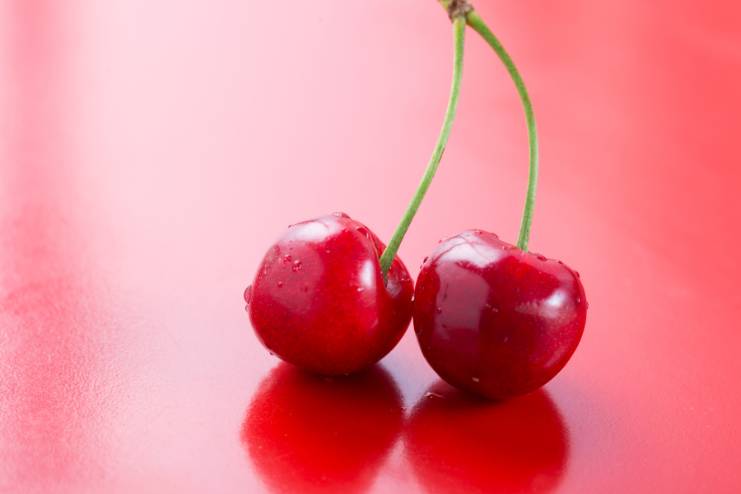
Like grapes, cherries can be high in carbohydrates, especially when consumed in larger quantities. Each cherry contains about 1 gram of carbs, which might not seem like much, but it’s easy to consume a handful at once.
Since cherries have a high glycemic index, they can significantly impact blood sugar levels when eaten in large amounts. Instead of eating cherries in excess, try mixing them with other fruits to balance out your intake. This approach helps you enjoy cherries while managing their effect on your blood sugar levels.
-
Dried Fruit
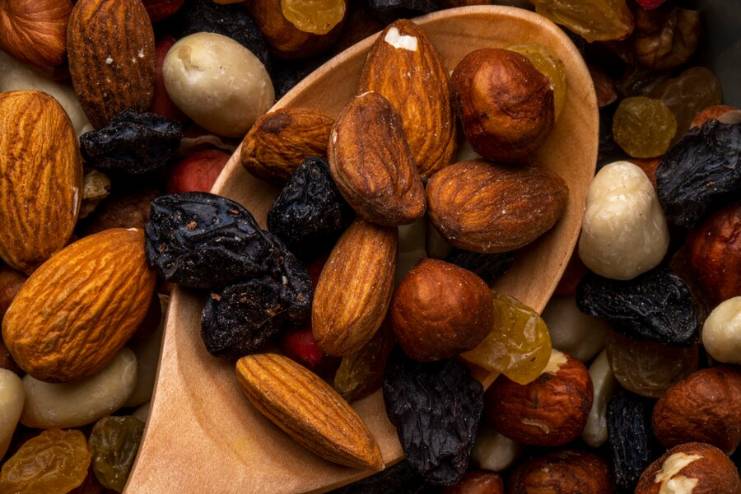
Another common food to avoid when you have diabetes is dried fruit. While dried fruits retain their fiber and nutrients, the sugars are concentrated, making it easier for them to spike blood sugar levels.
If you’re considering eating dried fruits, opt for those with a lower glycemic index. For instance, raisins can significantly impact your blood sugar levels. Instead, choose fruits with a lower glycemic index, such as grapefruit and cantaloupe. Surprisingly, dried strawberries and peaches also have a lower glycemic index, so they are permissible in moderation.
-
High Protein Consumption
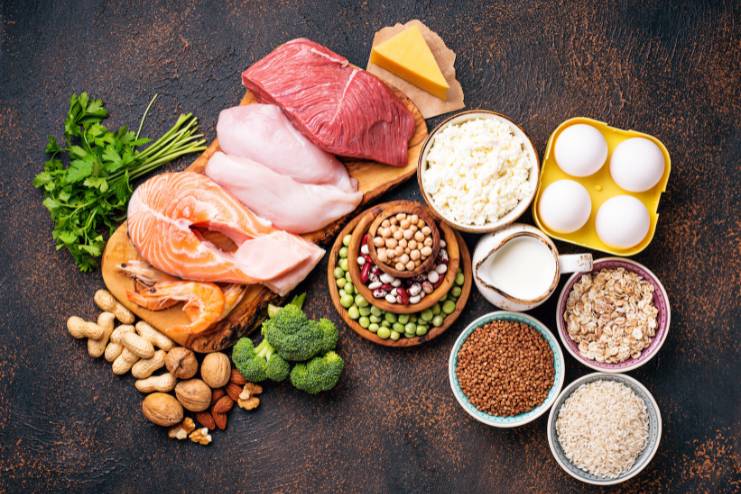
Protein is a crucial part of a diabetic’s daily diet, but it’s important to manage the sources and amounts carefully. While protein helps keep you full and prevents unnecessary snacking, an excessive intake, especially from unhealthy sources like red and processed meats, can lead to complications.
High levels of protein can be metabolized into fats, which increases the risk of developing type 2 diabetes. To avoid this, opt for healthier protein sources such as beans, fish, soy, poultry, and eggs. This approach helps maintain balanced nutrition while minimizing risks associated with excess protein.
-
Flavored Yogurt
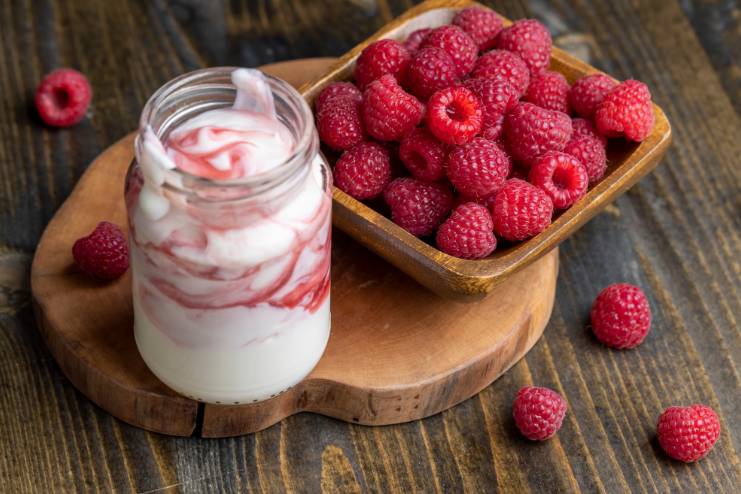
Fruit-flavored yogurts are often made with low-fat milk and high amounts of sugar and carbs, which can harm blood sugar control.
A typical 250-gram serving of flavored yogurt can contain 45-50 grams of sugar, with nearly 81% of the calories coming from sugar. To make yogurt a healthier choice, opt for plain yogurt and add fresh fruits with a low glycemic index. This way, you can enjoy the benefits of yogurt without the added sugars that can spike blood glucose levels.
-
Pineapple
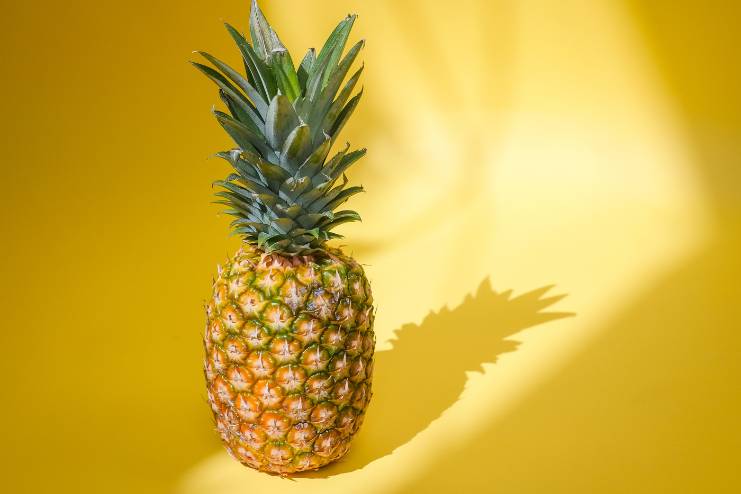
Pineapples have a high glycemic index, which can cause a spike in blood glucose levels. Although eating a whole pineapple is unlikely, it’s important to moderate your intake. Instead of cutting out pineapples entirely, enjoy them occasionally and pair them with other fruits to balance your overall carb intake. This approach allows you to enjoy the fruit without significantly impacting your blood sugar levels.
-
Full-Fat Dairy
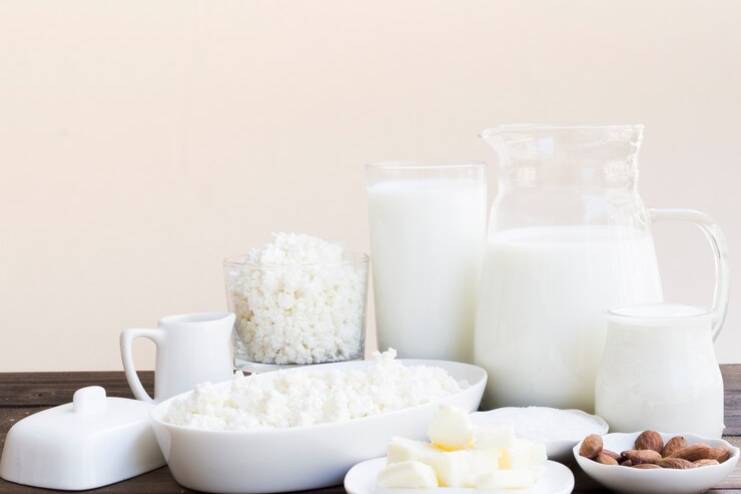
The saturated fats in full-fat dairy can raise LDL cholesterol levels and increase the risk of insulin resistance.
If you are pre-diabetic or have diabetes, it is advisable to avoid full-fat milk and its derivatives, such as yogurt and cream. Opt for lower-fat or non-fat dairy options, which can be more beneficial for your health.
-
Breakfast Cereals
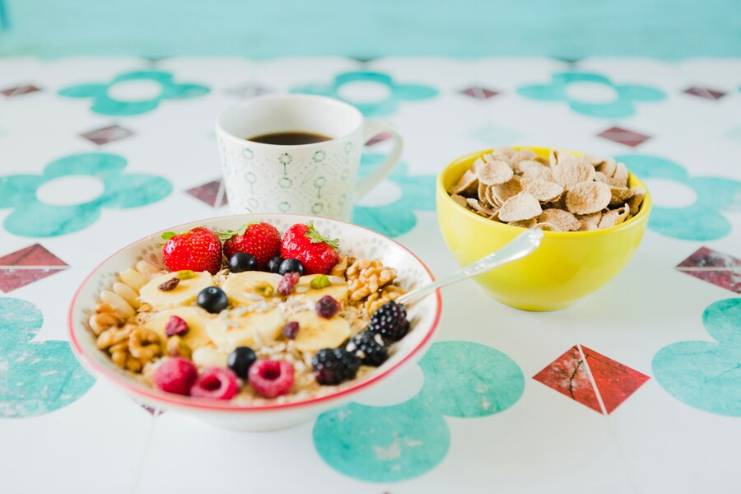
Another food to avoid with diabetes is sweetened breakfast cereal. The combination of refined grains and excess sugar makes these cereals high in carbohydrates, which can be problematic for people with diabetes.
Most breakfast cereals contain more carbs than standard versions, making them less healthy. Even just half a cup can significantly increase carbohydrate intake.
Instead, opt for whole grain cereals or stick to oats to ensure a healthier choice that provides essential nutrients without spiking blood sugar levels.
-
Honey or Maple Syrup
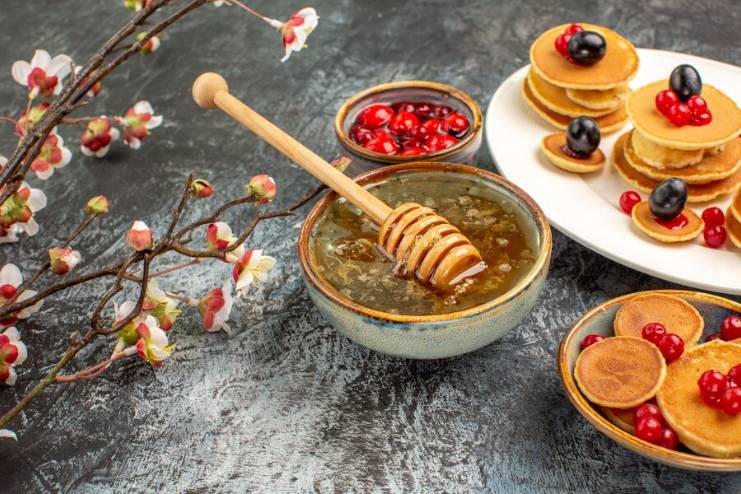
If you enjoy maple syrup or a drizzle of honey on your pancakes or waffles, you might need to reconsider these habits if you have diabetes. Although honey and other natural sweeteners may contain less sugar than refined sugar, they still have significant sugar content.
A study conducted with pre-diabetes participants found that consuming natural sweeteners like honey resulted in similar increases in blood sugar, insulin levels, and inflammatory responses as refined sugar.
Instead of relying on sugar derivatives, consider using natural sweeteners like stevia.
-
Packaged Snacks
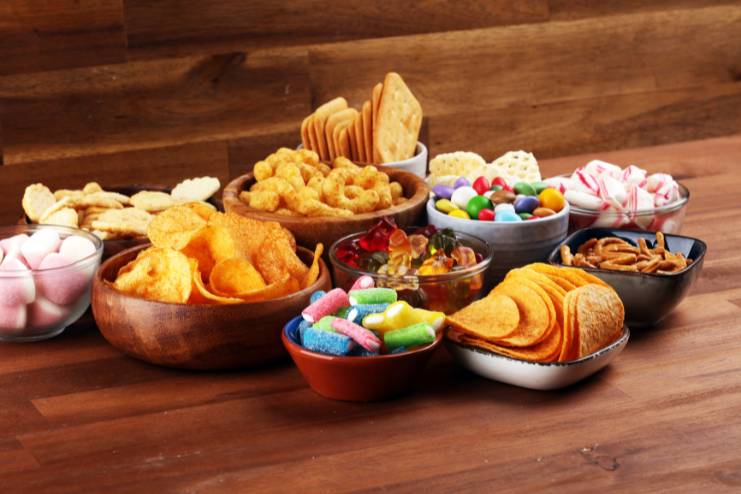
Most packaged snacks are loaded with refined flour and provide little nutritional value. They often contain fast-digesting carbs that can cause a significant spike in blood glucose levels.
Instead of relying on these snacks, opt for healthier alternatives. Choose options that are lower in refined carbs and offer more nutritional benefits.
Conclusion
Summing up, it’s not surprising that the list of foods to avoid with diabetes might seem extensive. Managing diabetes effectively involves both prevention and regulation, making it crucial to be mindful of foods that could negatively impact your health. Staying cautious about these foods can help maintain better control over blood glucose levels and overall well-being.
-
Feb 2019Written by Somapika D
-
Oct 2024Edited by Ankita




















